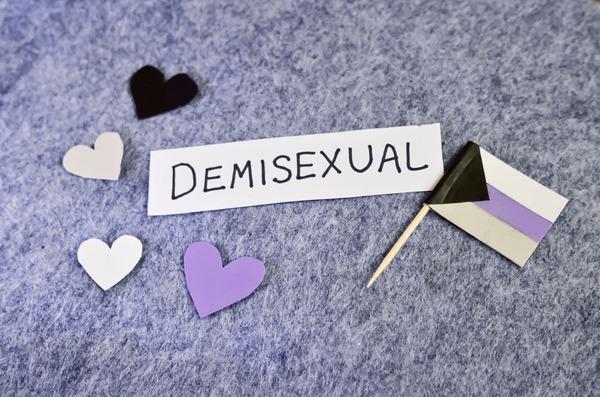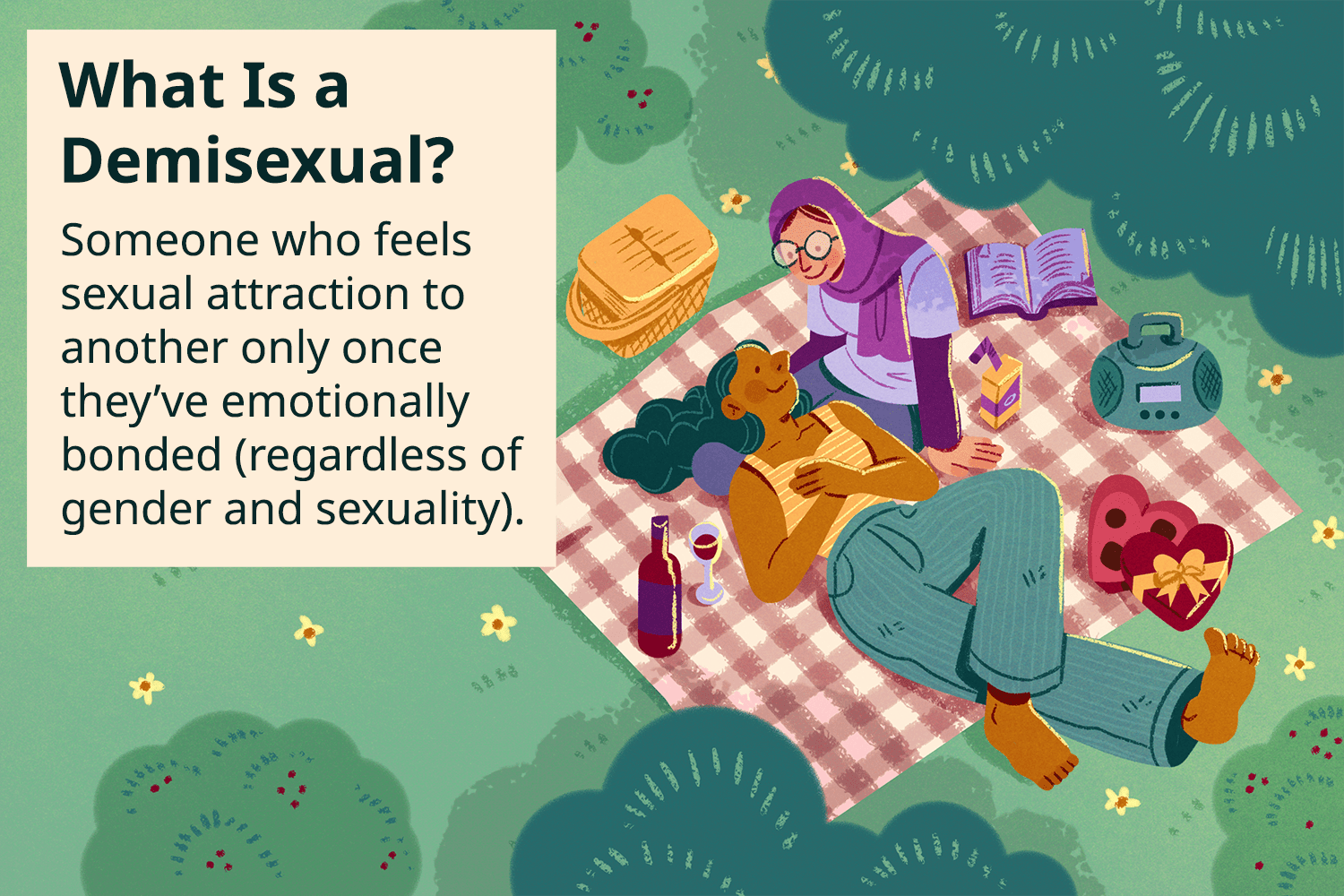A lesser-known sexual orientation, "Demisexuality" has gained attention after UK singer and television personality Tulisa Contostavlos shared that she identifies as "demisexual." Demisexuality is a sexual orientation where an individual feels sexual attraction only after forming a strong emotional bond with someone.

How Demisexuality Differs
Demisexuality is a sexual orientation where a person feels sexual attraction only after forming a deep emotional bond with someone. This emotional connection doesn’t guarantee sexual attraction but serves as a prerequisite. Unlike the general population, demisexual individuals rarely feel initial sexual attraction to strangers or casual acquaintances. While demisexual individuals can develop strong feelings of attraction, their desire for sexual activity might not be as intense as others. They may also experience little to no sexual attraction throughout their lives if emotional bonds are not formed.

Key Characteristics of Demisexuality
- Emotional Bond First: An emotional connection, not necessarily romantic, is vital for demisexual individuals to feel sexual attraction.
- Varied Bond Timelines: The time to build this bond varies. For some, it develops quickly, while for others, it may take years.
- Sexual Desire Differences: Even with attraction, the intensity of sexual desire in demisexuals may be less compared to others.

Comparing Demisexuality with Other Orientations
- Asexuality: Asexual people typically feel no sexual attraction. Demisexuals, however, do experience attraction but only after emotional bonding.
- Graysexuality: Graysexual individuals feel attraction rarely and do not require an emotional bond, unlike demisexuals.
- Allosexuality: Allosexuals experience frequent sexual attraction regardless of emotional connections.

Identifying Demisexuality
If you think you might be demisexual, consider these questions:
- Do you feel sexual attraction only after forming emotional connections?
- How often do you feel sexually attracted to others?
- Do you experience attraction to strangers or celebrities?
While there is no "test" for identifying your orientation, self-reflection and conversations with loved ones can help clarify your feelings and your orientation. Labels like demisexuality help individuals understand themselves better and connect with others who share similar experiences. These labels provide a sense of belonging and help normalize diverse orientations. The term "demisexuality" is becoming more widely recognized as society embraces diverse sexual orientations. Many people find relief and validation in identifying with this label, realizing they are not alone in their experiences.
Inputs by Agencies
Image Source: Multiple Agencies
Ⓒ Copyright 2024. All Rights Reserved Powered by Vygr Media.





















